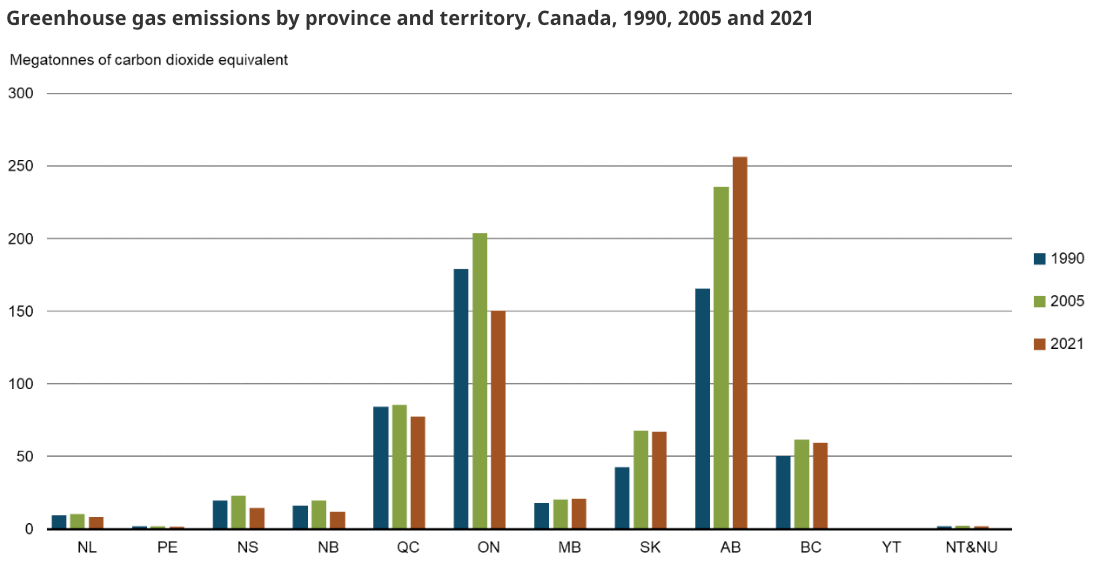1. Climate risk is front and centre for international investors.
2. Oil sands bitumen has a very high ghg emissions-intensity.
3. Why doesn't Alberta use a federal "green recovery" to help fund lowering that emissions-intensity instead of acting like the sky is falling?
2. Oil sands bitumen has a very high ghg emissions-intensity.
3. Why doesn't Alberta use a federal "green recovery" to help fund lowering that emissions-intensity instead of acting like the sky is falling?

2/Suncor CEO Mark Little has already proposed federal funding for an independent public agency to invest in commercializing the manufacture of materials (like carbon fibre) from bitumen.
Why not use "green recovery" $$ to fund that agency?
Materials, not combustion, eh?
Why not use "green recovery" $$ to fund that agency?
Materials, not combustion, eh?

3/Electrification of industry - like oil and gas production - is a key strategy for combatting the climate crisis and lower ghg emissions.
Why not use "green recovery" funding to electrify oil sands production? Are wind and solar feasible? What about small modular nukes?
Why not use "green recovery" funding to electrify oil sands production? Are wind and solar feasible? What about small modular nukes?
4/Oil sands tailings ponds (37 with 1.4 TRILLION litres of waste) are a serious environmental liability and almost no $$ has been put aside for reclamation.
Why not use "green recovery" funding to improve tailings pond management and speed up reclamation?
Why not use "green recovery" funding to improve tailings pond management and speed up reclamation?
5/There are four ideas off the top of my head for how Alberta could use the federal "green recovery" plan, to be unveiled in today's federal Speech from the Throne, to its advantage.
Instead, Chicken Littles insist the sky is falling. And Alberta wonders why it has a reputation.
Instead, Chicken Littles insist the sky is falling. And Alberta wonders why it has a reputation.
• • •
Missing some Tweet in this thread? You can try to
force a refresh









